BNA Annual General Meeting 2025
1st April 2025
BNA Event - 19th Jun 2024
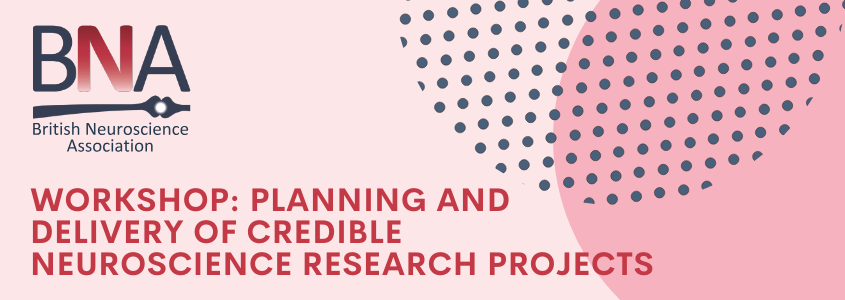
As part of the BNA's ongoing commitment to strengthen Credibility in Neuroscience, we want to ensure that neuroscientists are equipped with the skills, knowledge, tools and processes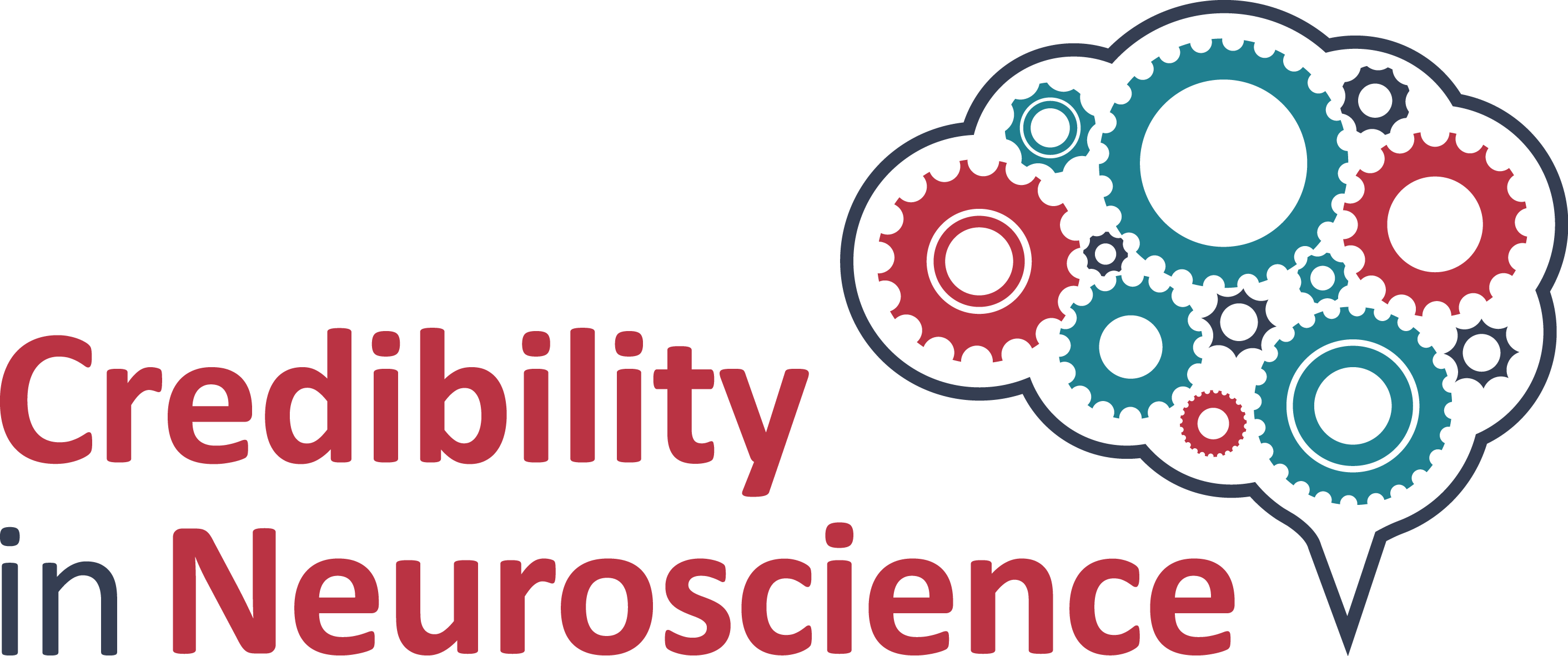 they need to carry out neuroscience research which will stand the test of time. This responds to our finding that around half of neuroscientists surveyed by the BNA have highlighted the lack of training as a key barrier to doing credible, open and reproducible research.
they need to carry out neuroscience research which will stand the test of time. This responds to our finding that around half of neuroscientists surveyed by the BNA have highlighted the lack of training as a key barrier to doing credible, open and reproducible research.
This workshop aims to bring together a group of neuroscience researchers at PhD or postdoc level for a training workshop to learn how they should plan to ensure their projects are as reproducible as possible, and how they can deliver this by making their research data and code open. The content may also be appropriate for Masters students doing research projects.
The workshop has a capacity of 40 delegates to maximise participation and support. Please secure your space as soon as possible.
 Nick Beazley-Long is currently a Knowledge Exchange Fellow in the School of Life Sciences at the University of Bristol. Nick attained a BSc (hons) in Neuroscience with Industrial Experience from the University of Manchester with a placement year wisely spent at Boehringer Ingelheim, Germany. Nick then completed a research PhD in Physiology, Pharmacology and Neuroscience, University of Bristol studying the role of Vascular Endothelial Growth Factor in pain and neuroprotection. For over a decade, as a postdoctoral researcher and PI, Nick has researched and published on a variety of topics including neuroprotection, splicing, diabetes, inflammatory arthritic pain and central sensitization while at KCL, Bristol & Nottingham. Nick’s passion now is helping researchers to build reproducibility into their research to combat the low levels of replicability and reproducibility in academic research.
Nick Beazley-Long is currently a Knowledge Exchange Fellow in the School of Life Sciences at the University of Bristol. Nick attained a BSc (hons) in Neuroscience with Industrial Experience from the University of Manchester with a placement year wisely spent at Boehringer Ingelheim, Germany. Nick then completed a research PhD in Physiology, Pharmacology and Neuroscience, University of Bristol studying the role of Vascular Endothelial Growth Factor in pain and neuroprotection. For over a decade, as a postdoctoral researcher and PI, Nick has researched and published on a variety of topics including neuroprotection, splicing, diabetes, inflammatory arthritic pain and central sensitization while at KCL, Bristol & Nottingham. Nick’s passion now is helping researchers to build reproducibility into their research to combat the low levels of replicability and reproducibility in academic research.
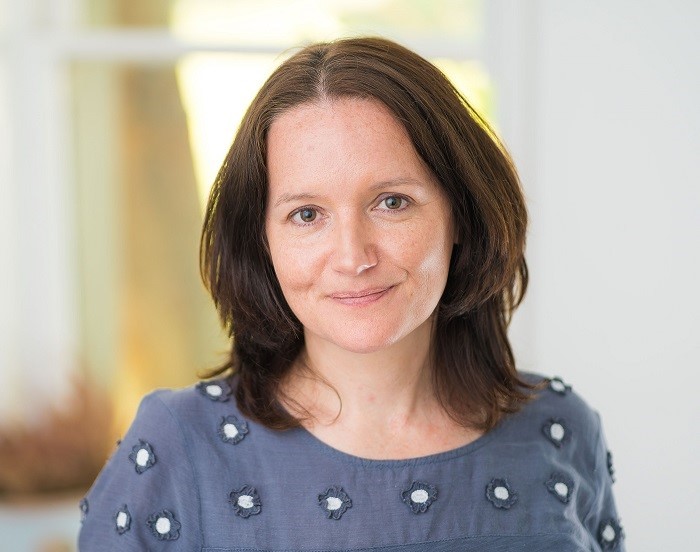 Fiona Booth currently leads the University of Bristol's Data Integrity and Quality Assurance Programme, which is a transformative initiative to provide training and toolkits for researchers at all career stages to promote reproducible research in health and life sciences. Prior to joining the university, Fiona spent around 25 years working in commercial research in big, small and very small pharma. Her career interests include applying Quality by Design principles, which are fundamental to commercial clinical research and pharmaceutical product development, and designing risk-proportionate approaches to manage risks to research quality.
Fiona Booth currently leads the University of Bristol's Data Integrity and Quality Assurance Programme, which is a transformative initiative to provide training and toolkits for researchers at all career stages to promote reproducible research in health and life sciences. Prior to joining the university, Fiona spent around 25 years working in commercial research in big, small and very small pharma. Her career interests include applying Quality by Design principles, which are fundamental to commercial clinical research and pharmaceutical product development, and designing risk-proportionate approaches to manage risks to research quality.
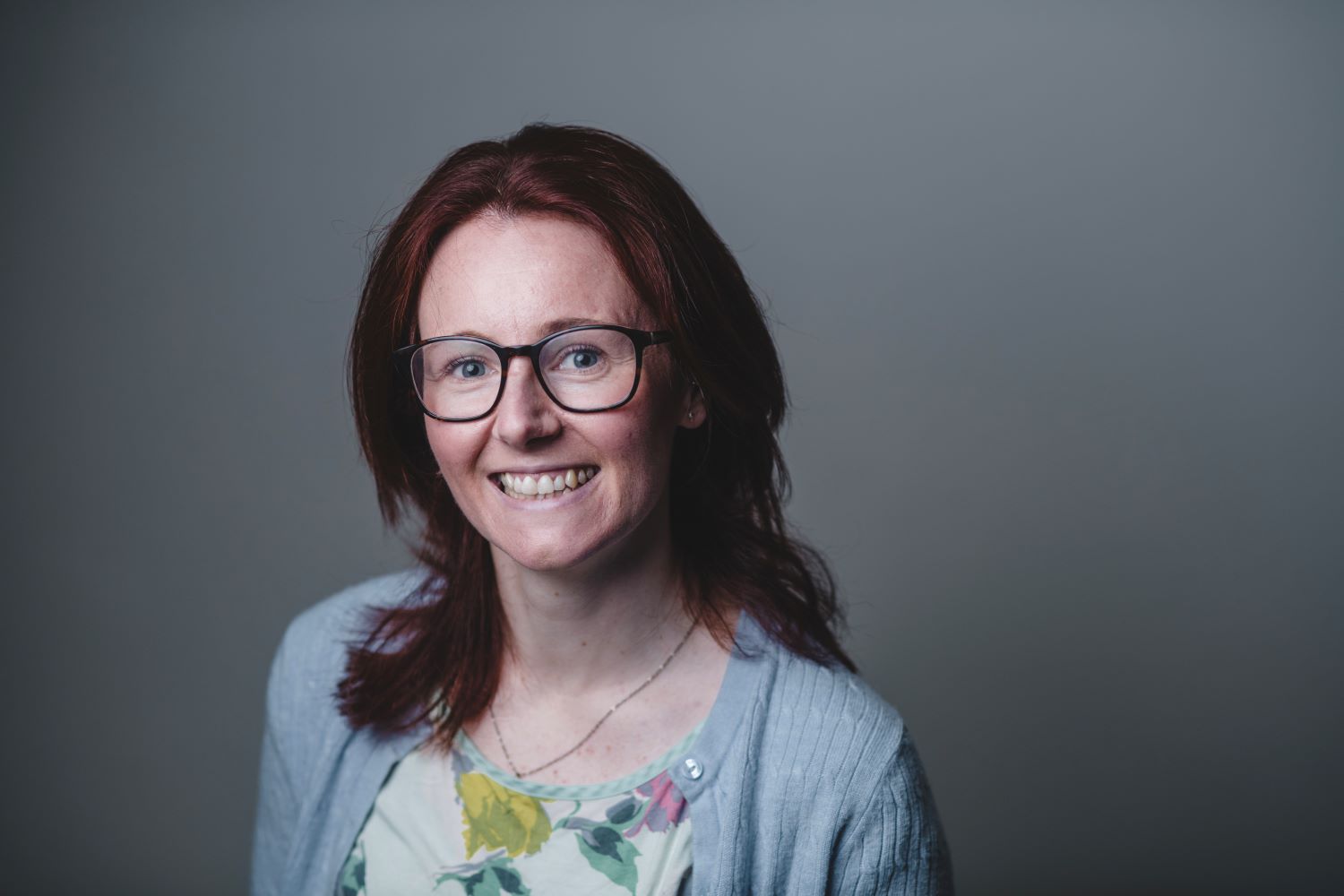 Eilis Hannon, a Senior Research Fellow in Bioinformatics at the University of Exeter Medical School, holds an EPSRC Research Software Engineering Fellowship. With a BSc in Mathematics and a PhD in Bioinformatics from Cardiff University, Eilis’s research focuses on integrating genetic, transcriptomic, and epigenomic datasets to understand the functional consequences of genetic risk factors for brain disorders. This work has led to the development of a number of new methodological tools that have been shared with the community as open source software packages. Eilis is dedicated to open access research, routinely sharing data and code through online tools. She champions research software sustainability as a fellow of the Software Sustainability Institute and co-leads Exeter’s Institutional Reproducibility Team for the UK Reproducibility Network. With a specific focus on training, Eilis has developed and conducted workshops for academics on the computational skills needed to underpin reproducible research. She spearheads the Coding for Reproducible Research training program at Exeter and holds leadership positions as Assistant Director for Education in the Institute of Data Science and Artificial Intelligence, Data Science Lead in the MRC-funded GW4 Biomed DTP, and co-leader for the MSc module Statistics for Health Data Science.
Eilis Hannon, a Senior Research Fellow in Bioinformatics at the University of Exeter Medical School, holds an EPSRC Research Software Engineering Fellowship. With a BSc in Mathematics and a PhD in Bioinformatics from Cardiff University, Eilis’s research focuses on integrating genetic, transcriptomic, and epigenomic datasets to understand the functional consequences of genetic risk factors for brain disorders. This work has led to the development of a number of new methodological tools that have been shared with the community as open source software packages. Eilis is dedicated to open access research, routinely sharing data and code through online tools. She champions research software sustainability as a fellow of the Software Sustainability Institute and co-leads Exeter’s Institutional Reproducibility Team for the UK Reproducibility Network. With a specific focus on training, Eilis has developed and conducted workshops for academics on the computational skills needed to underpin reproducible research. She spearheads the Coding for Reproducible Research training program at Exeter and holds leadership positions as Assistant Director for Education in the Institute of Data Science and Artificial Intelligence, Data Science Lead in the MRC-funded GW4 Biomed DTP, and co-leader for the MSc module Statistics for Health Data Science.
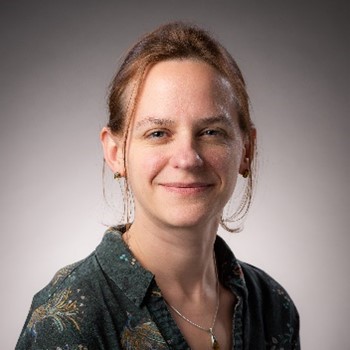 Esther Walton, Professor of Biological Psychology at the University of Bath, is passionate about uncovering early developmental pathways of structural brain variation and (epi-)genetics as indicators of mental health. Her research merges developmental psychology with neuroscience and (epi)genetics to model psychiatric neuroscience over the lifespan. As a co-founder of the of the Methylation, Imaging and Neurodevelopment (MIND) consortium and long-term member of the Enhancing NeuroImaging Genetics through Meta-Analysis Consortium (ENIGMA) consortium, Esther has expertise in leading large-scale, collaborative and credible neuroscience projects across multiple research groups. Within her group, she prioritises highly powered and reproducible neuroscience research, an effort she was highly commended for in the BNA's 2023 Credibility in Neuroscience Prize round.
Esther Walton, Professor of Biological Psychology at the University of Bath, is passionate about uncovering early developmental pathways of structural brain variation and (epi-)genetics as indicators of mental health. Her research merges developmental psychology with neuroscience and (epi)genetics to model psychiatric neuroscience over the lifespan. As a co-founder of the of the Methylation, Imaging and Neurodevelopment (MIND) consortium and long-term member of the Enhancing NeuroImaging Genetics through Meta-Analysis Consortium (ENIGMA) consortium, Esther has expertise in leading large-scale, collaborative and credible neuroscience projects across multiple research groups. Within her group, she prioritises highly powered and reproducible neuroscience research, an effort she was highly commended for in the BNA's 2023 Credibility in Neuroscience Prize round.
10:00-10:20 Registration
10:20-10:30 Welcome to attendees and intro to Credibility in Neuroscience – Mike Ashby, University of Bristol
10:30-11:30 Reproducibility by Design – tools for planning and delivery of credible neuroscience research (pt1) – Fiona Booth and Nick Beazley-Long, University of Bristol
11:30-11:40 Break
11:40-12:40 Reproducibility by Design – tools for planning and delivery of credible neuroscience research (pt2) – Fiona Booth and Nick Beazley-Long, University of Bristol
12:40-13:40 Lunch
13:40-14:40 Building robust and reproducible workflows when collaborating with others – Esther Walton, University of Bath
14:40-14:50 Break
14:50-15:50 Data access, organisation, sharing and analyses across research groups – Esther Walton, University of Bath
15:50-16:00 Break
16:00-17:30 Introduction to GitHub for Sharing Code – Eilis Hannon, University of Exeter
17:30-17:35 Closing comments
17:35-18:45 Networking drinks
Engineer’s house, Bristol
Engineers' House is an impressive Grade II listed conference and training venue located in the prestigious suburb of Clifton Down, in the heart of Bristol. It's easy to reach from Temple Meads Train Station, Bristol City Circular Bus Service, and has excellent links to the M5 and M4, and is easy to to via the following:
Train - 10 minute taxi journey from Temple Meads Train Station
Bus - Bristol City Circular Bus Service is on the number 8 Bus circular bus route from Temple Meads Train station, City Centre, College Green and Clifton Triangle, this service stops outside Engineers’ House front gates every 15 minutes
Bike – there are 50 secure covered bike racks on-site and Voi electric scooter hire located 50 yards from the venue
A hot lunch, plus teas/coffees, refreshments and networking drinks are included in the ticket.
Participants would need to bring their own laptops for use during the practical parts of the workshop.
We plan to follow up with the workshop attendees after 6 months to collect information on the impacts from the knowledge gained, including: changes to research plans as a result, examples of making neuroscience data open, knowledge shared with colleagues, connections made etc.
This information will help to demonstrate whether or not the workshop has had the desired impacts, and how we may refine this in the event we repeat in a different location.
All participants at BNA events (including events hosted by other organisations exclusively for BNA members) are required to read and follow the BNA's Safer Spaces Policy (click to read in full).
Meeting fees
| Member | Non-member | |
| Postgraduate/Masters/Phd | FREE* | £50.00 |
*BNA members - Please note that the registration fee (£25.00) is refundable based on successful attendance at the event.
All prices inclusive of UK VAT at 20%.